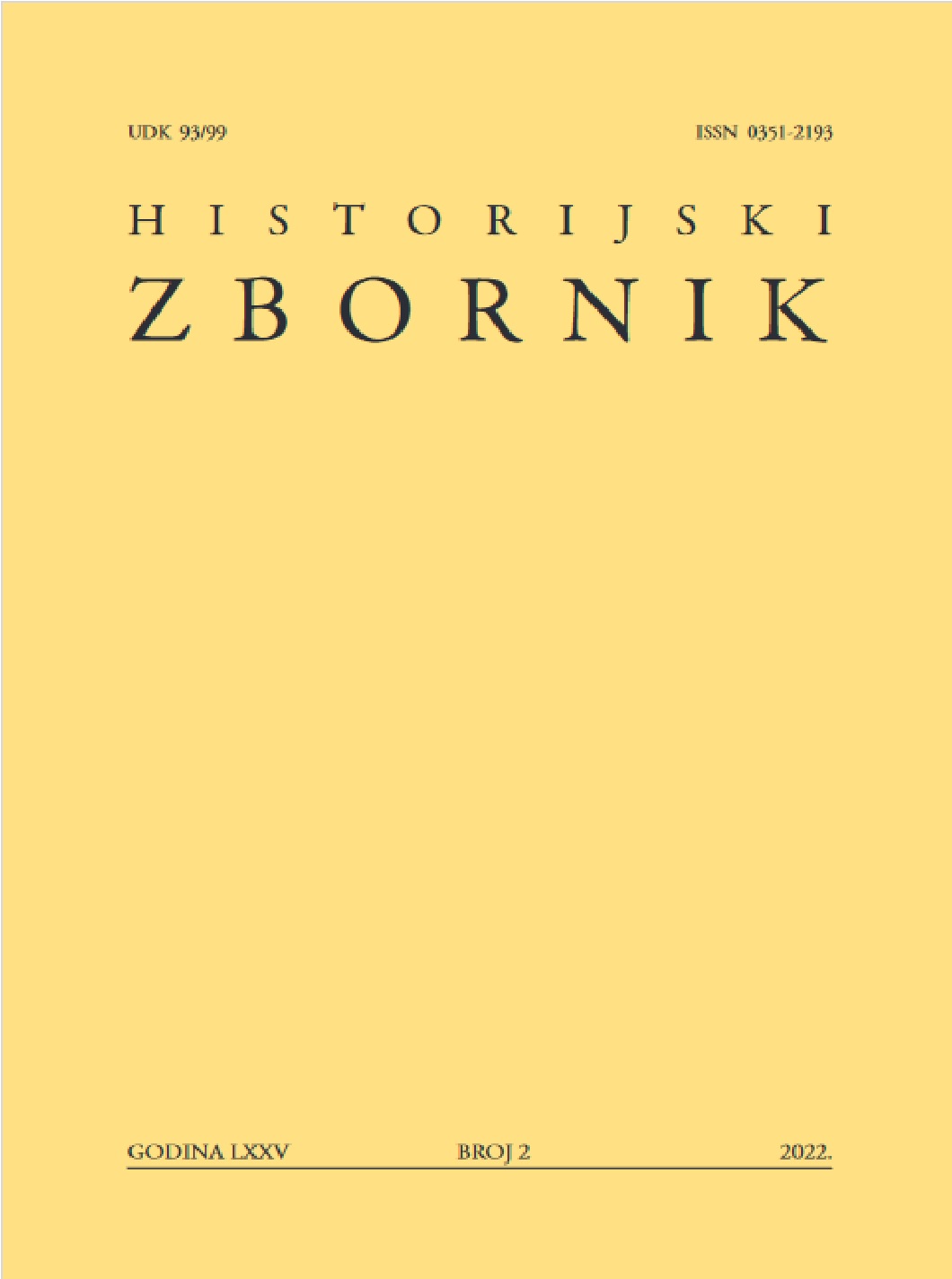Food, social and health conditions in part od North Dalmatia between the entry of the People's Liberation Army into Zadar and the end of 1945
Keywords:
World War II, North Dalmatia, Zadar, food, infectious diseasesAbstract
The members of the People's Liberation Army entered Zadar on the last day of October 1944, and as of November, the activities and organising of the “people's government” bodies in the city commenced. The Zadar District People’s Liberation Committee was the highest civilian authority in charge of food, supplies and health matters in the territory under its competence. Constant fluctuation of people, civilians, between the surrounding areas and the demolished city, the arrival of refugees from the areas that were even more affected by the war, and the return of refugees from the refuges in South Italy and Egypt, were a huge challenge for the regular supply and health care. Clearly, all other circumstances of war, especially military operations and the army's needs for food, medicines and medical facilities, pushed the needs of the civilians into the background. Poor nutrition and hygienic conditions affected people's health. In addition to infectious diseases that occur or intensify in wartime circumstances, exhaustion and malnutrition led to vitamin deficiency, and that caused various diseases, especially pulmonary conditions; also, malaria was an endemic disease in this area from before. Many health facilities did not operate; some were working at a reduced capacity or were used for the needs of the military health care. There were no medical devices in the health facilities, and there was also a lack of more basic things, such as beds, bed linen, disinfectants and medicines. There was a major shortage of professional staff, and the work of half-trained health staff could only partially overcome this problem. Poverty and difficulties in daily survival added to socially unacceptable behaviours, such as thieving and prostitution. In November 1944, the “people’s government” authorities started making efforts aimed at normalisation of civilian population’s life. Clearly, the intensity of efforts and positive developments was greater in public discourse and propaganda than it could be noticed and felt in everyday life.
Downloads
Published
How to Cite
Issue
Section
License
Copyright (c) 2022 authors and journal

This work is licensed under a Creative Commons Attribution-NonCommercial 4.0 International License.
Copyright holders are the publisher Association for Croatian History and the authors.
Historical Journal is an Open Access journal. Users are allowed to read, download, copy, redistribute, print, search and link to material, and alter, transform, or build upon the material, or use them for any other lawful purpose as long as they attribute the source in an appropriate manner according to the Creative Commons licence CC BY-NC.
The papers published in Historical Journal can be deposited and self archived in the institutional and thematic repositories providing the link to the journal's web pages and HRČAK. Journal does not charge article processing charges (APC). The editors assume no responsibility for statements of fact or opinion made by contributors.

